What Is Resin Manufacturing Process? | JCT Machinery
 Dec 06,2023
Dec 06,2023

 JCT
JCT
Resin manufacturing process involves several key steps, from the selection of raw materials to the final product. The specific process can vary depending on the type of resin being produced (e.g., epoxy resin, polyester resin, phenolic resin).
Resin Manufacturing Process
1. Raw Material Selection
• Monomers or precursors:
Choose appropriate monomers or precursor chemicals based on the type of resin to be produced. Common monomers include ethylene, propylene, styrene and other depending on the resin type.
• Initiators and catalysts:
Select initiators and catalysts that facilitate polymerization or curing of the resin. These chemicals initiate the chemical reactions leading to polymer formation.
2. Polymerization
• Polymerization reaction:
Initiate the polymerization reaction by conbining monomers with initiators and catalysts. Polymerization can occur through various methods, such as heat, pressure or chemical additives.
• Controlled conditions:
Maintain controlled conditions, including temperature, pressure and reaction time, to achieve the desired molecular weight and properties of the resin.
3. Distillation and Purification
• Distillation:
Purify the polymerized resin through diistillation to remove any unreacted monomers, by-products or impurities. This step is crucial for achieving the desired resin purity.
4. Additives
• Incorporate additives:
Add various additives, such as stabilizers, plasticizers, colorants and reinforcing agents, to enhance specific properties of the resin, such as stability, flexibility and color.
5. Filtration and Quality Control
• Filtration:
Filter the resin to remove any remaining impurities or particulate matter.
• Quality control:
Conduct quality control tests to ensure the resin meets specified standards, including viscosity, molecular weight and chemical composition.
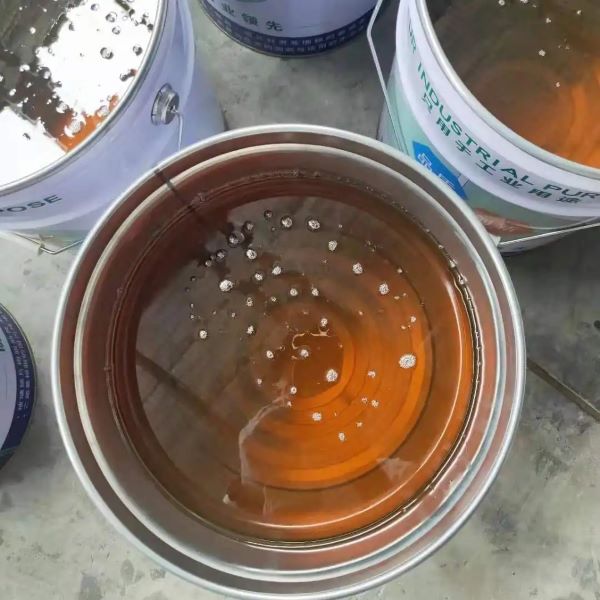


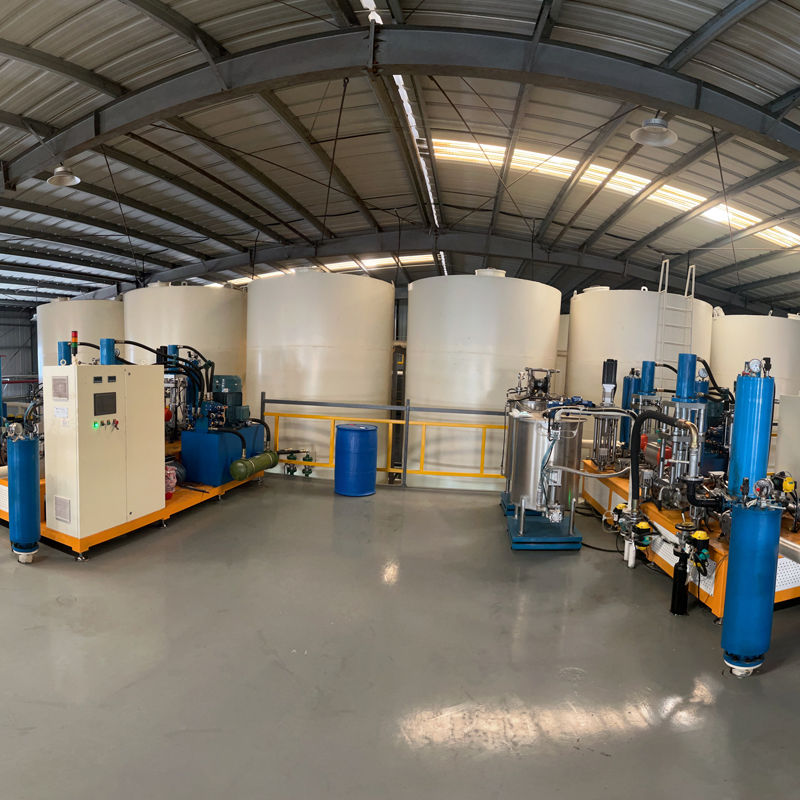
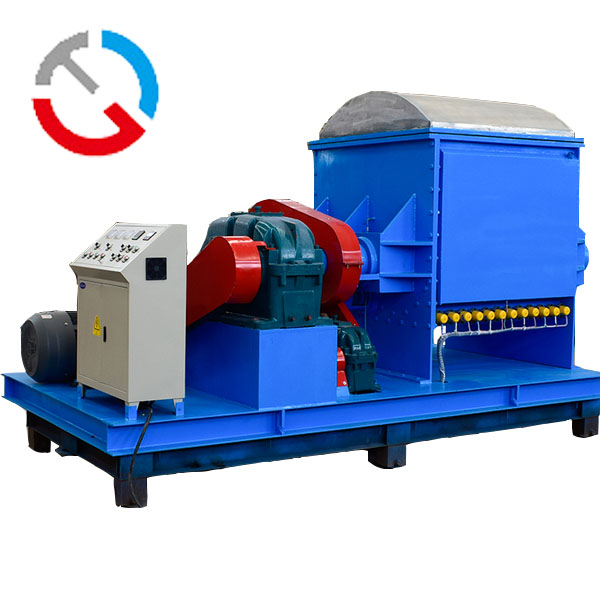
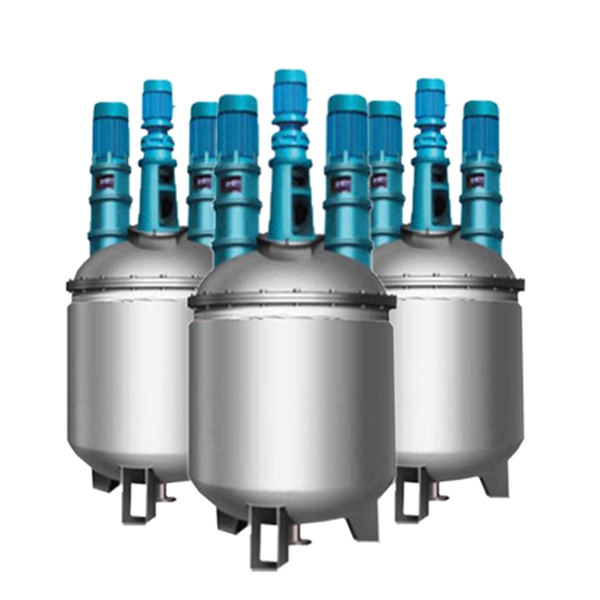
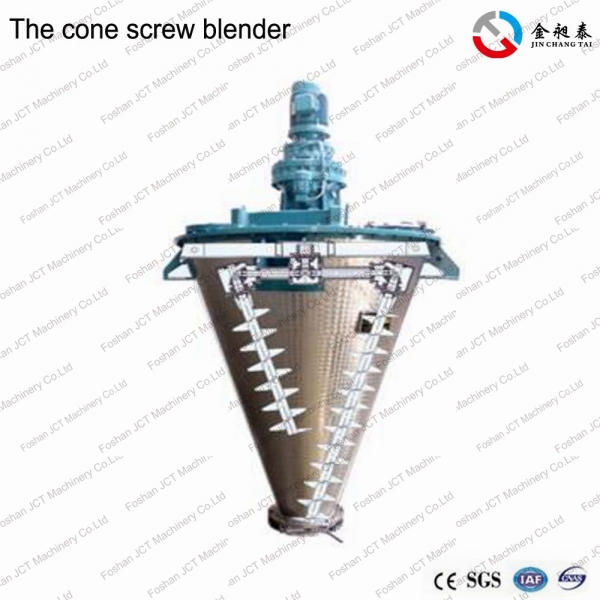
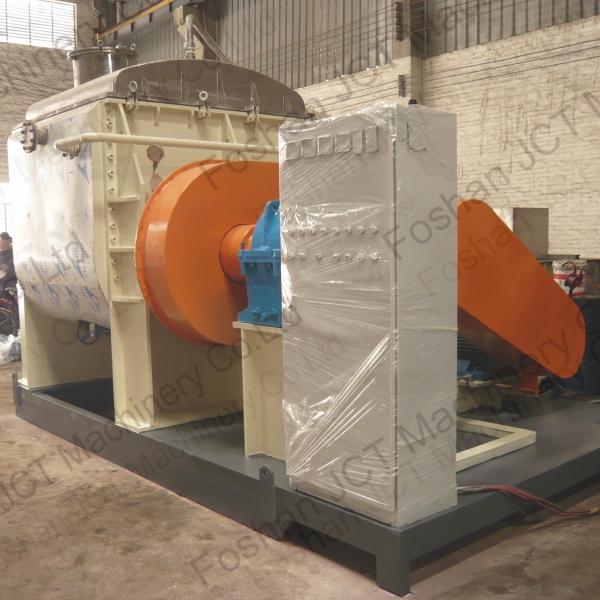
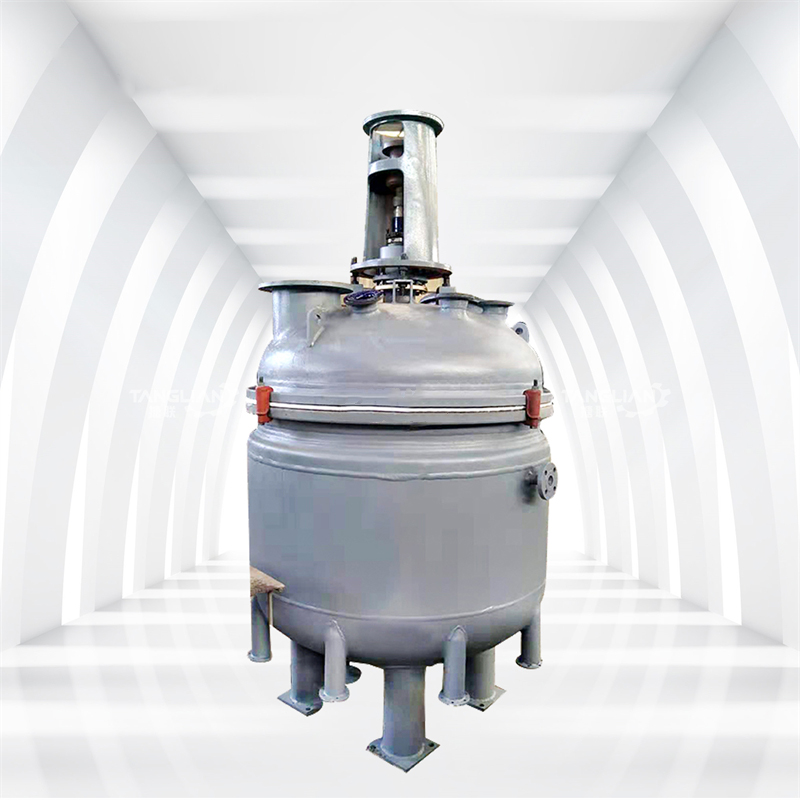
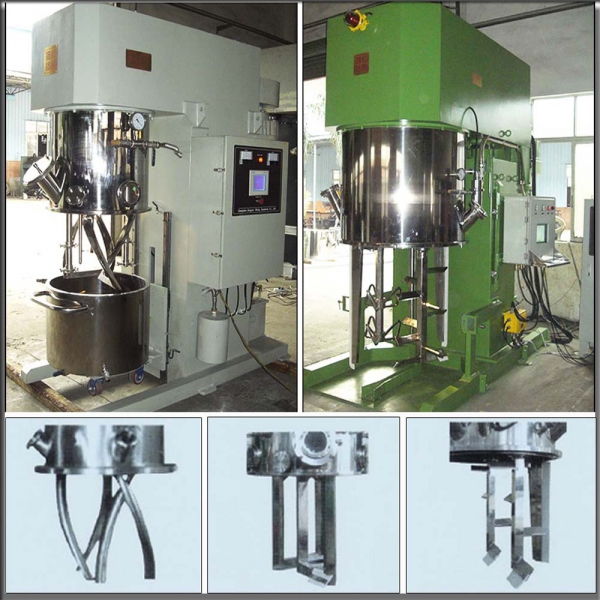


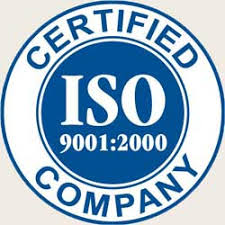


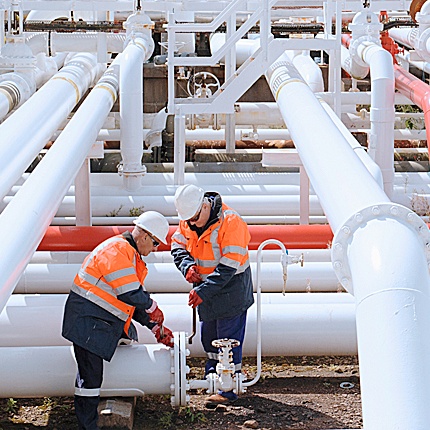
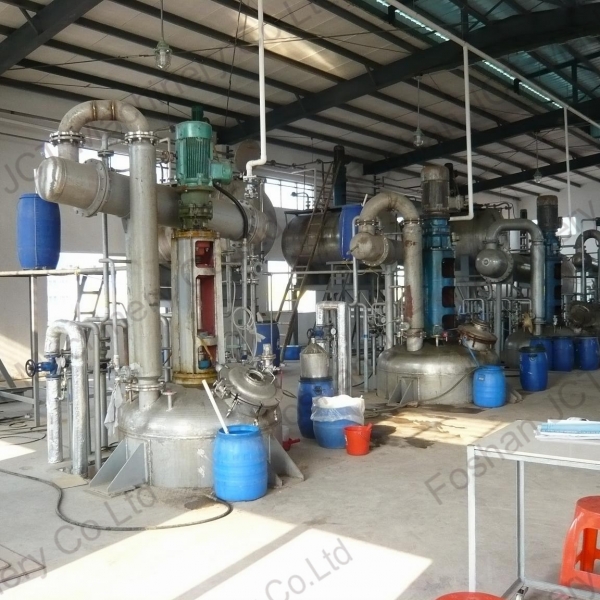
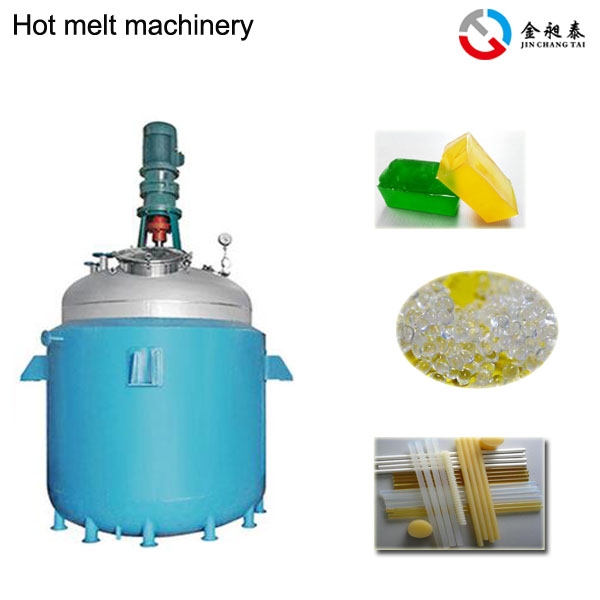
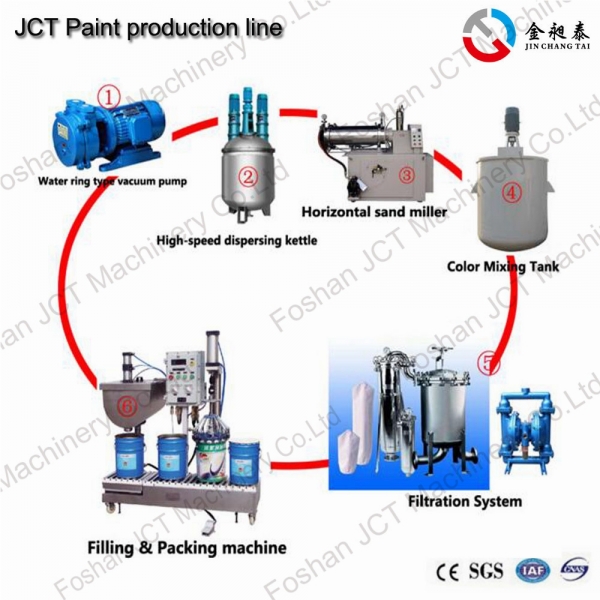
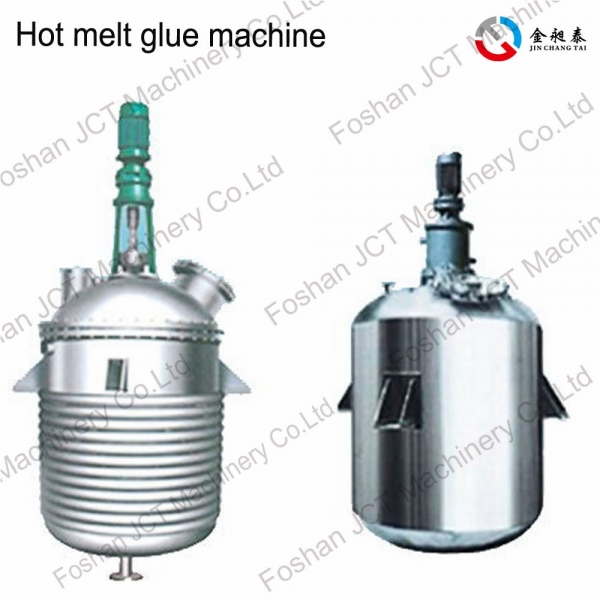
 CN
CN
 HOME
HOME Horizontal Ribbon Mixer | JCT Machinery
Horizontal Ribbon Mixer | JCT Machinery  You May Also Like
You May Also Like
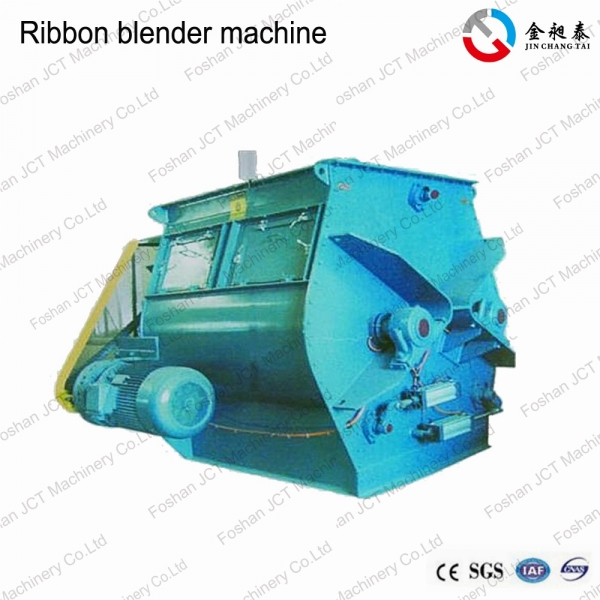

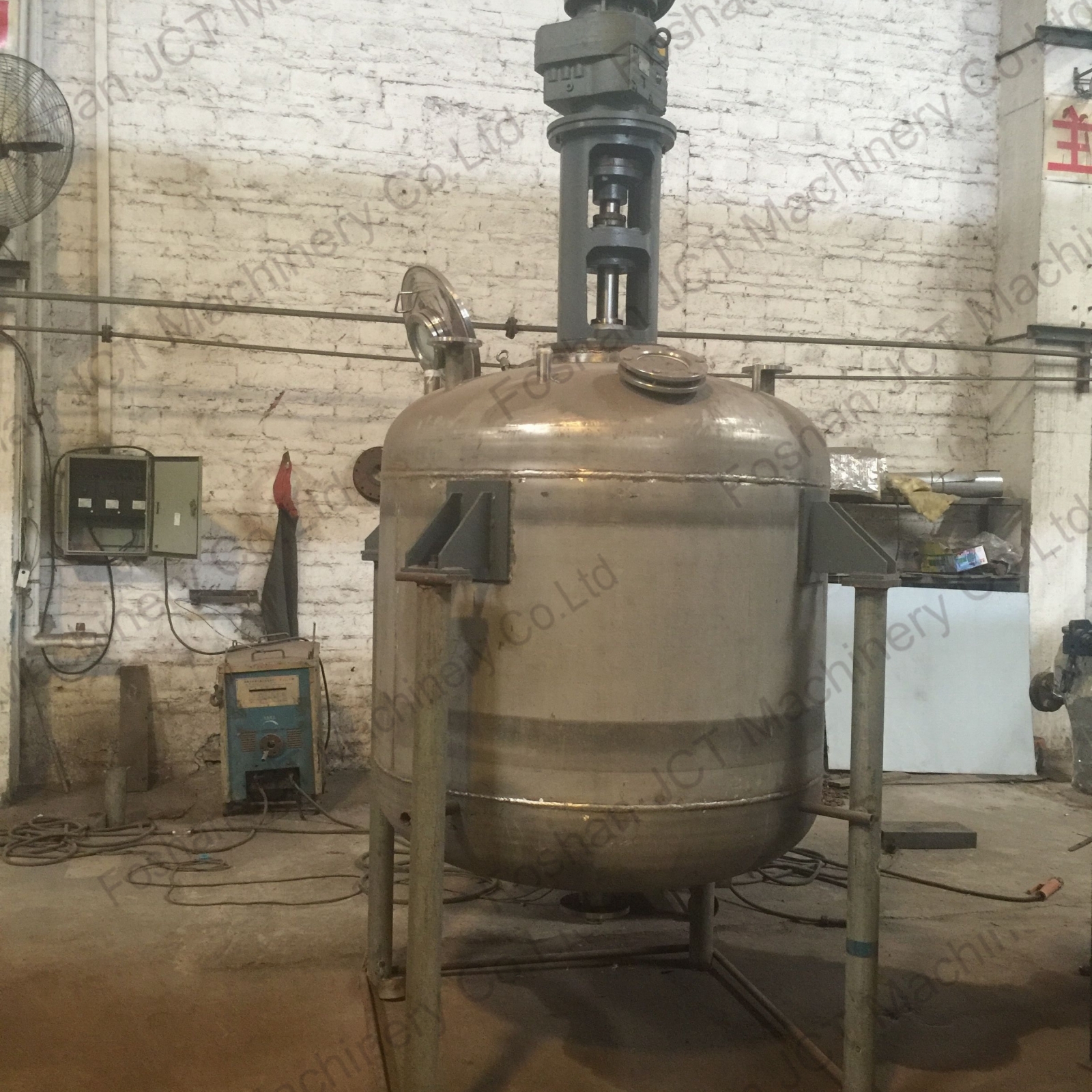
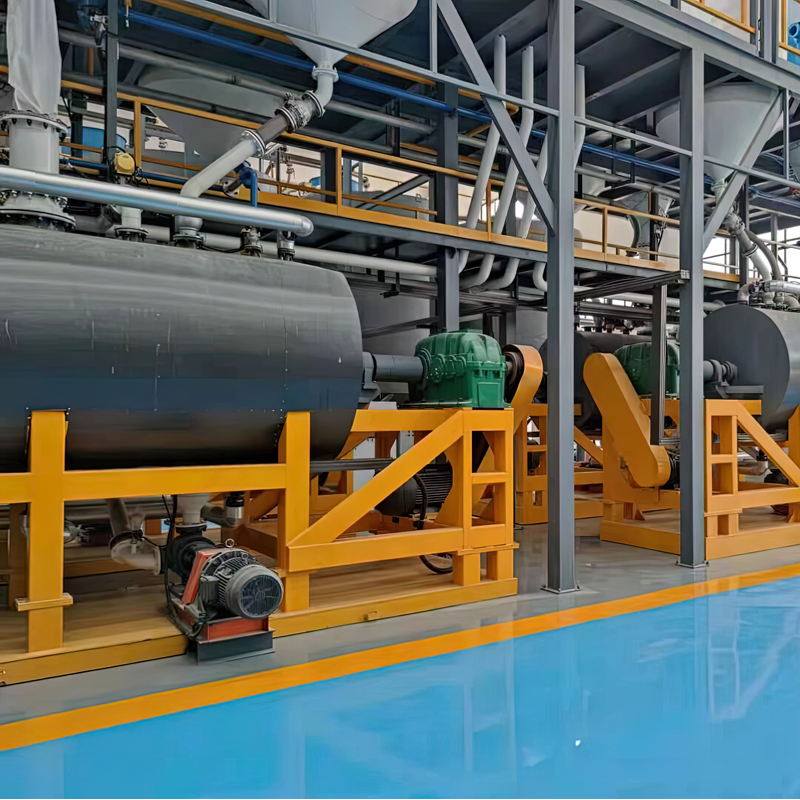
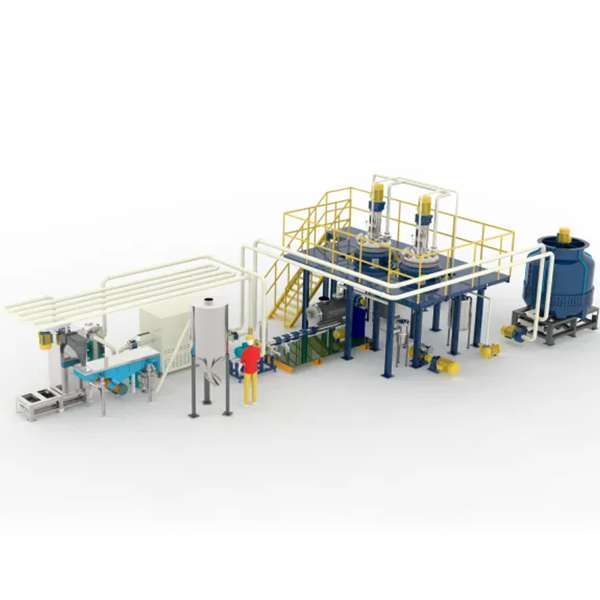

 Tel
Tel
 Email
Email
 Address
Address










